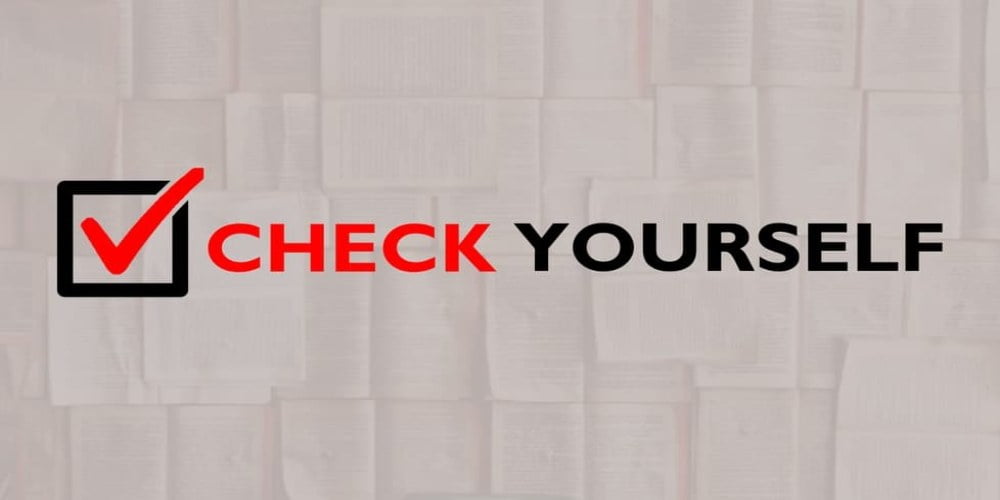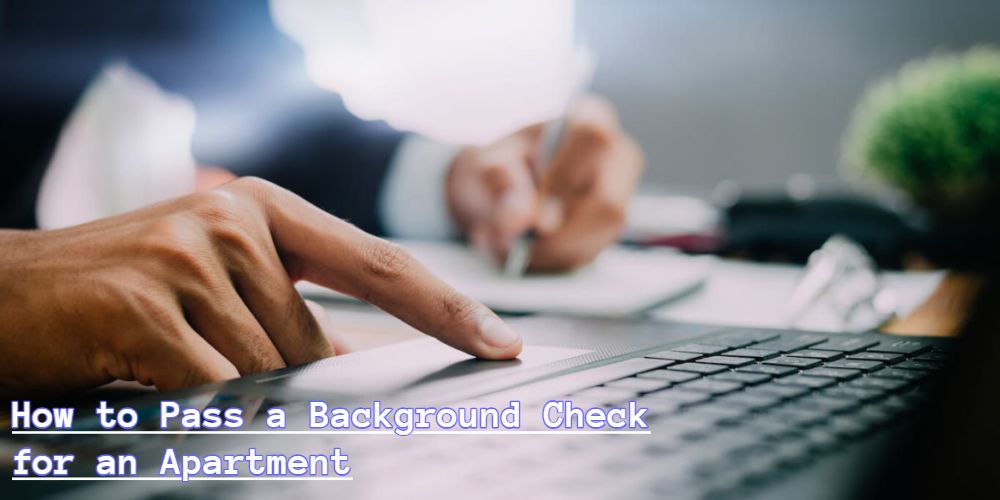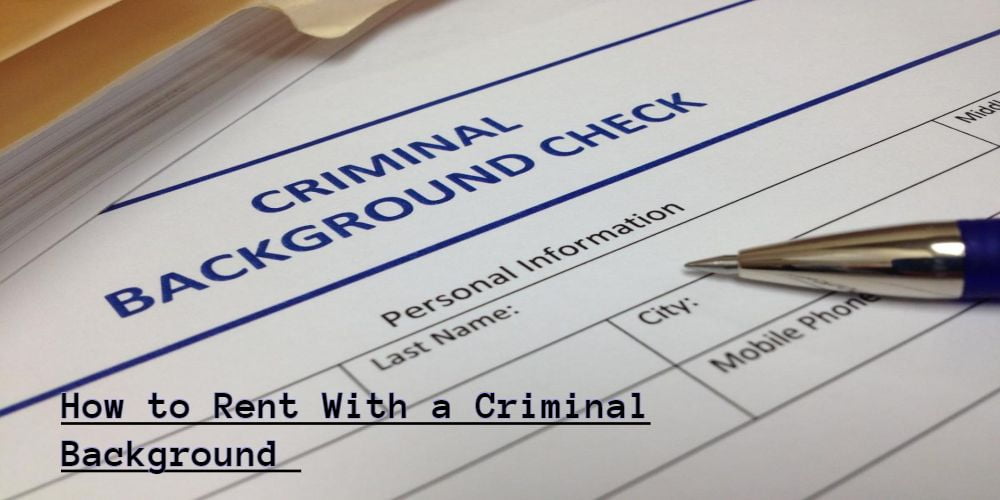Last Updated on October 15, 2021 by Kelvin Nielsen
A background check is a compulsory process in most apartments. And understandably so, it enables landlords to get a clearer picture of prospective tenants. Among other things, a background check reveals to landlords the financial stability, renting history, and criminal background of the tenant. And this can help them turn away potential problem tenants right from the outset.
As a prospective tenant, once your land your dream apartment, your goal is to pass this check with as little trouble as possible. But, chances are, you’ll be a little worried or feel a bit intimidated prior to the check. This is especially true if you’re renting for the first time.
But this doesn’t have to be the case if you’ve run a background check on yourself prior to being vetted by a landlord. If you do, you’ll know priorly what’s showing and come up with an advance plan of action. That way, you can easily pass the check and establish a good relationship with your landlord from the word go!
In today’s article, we’ll look at how you can run a background check on yourself. Let’s dive in.
1. Ask for your credit report.
Landlords look at your credit report to have a better view of your financial situation. Your credit report gives a highlight of how you’ve been managing your finances for the past seven to ten years.
It will reveal things such as your:
- Current and past credit accounts, including the name of the creditor(s).
- Credit or loan limit.
- Current loans.
- Payment history.
- Current balance and the highest recorded.
- Public records such as bankruptcies, liens, foreclosures, or civil suits and judgments.
You can access your credit report through any of the three major credit bureaus. That is, Equifax, TransUnion, and Experian.
Now, it is not uncommon for credit reports to have errors. Should yours have any, have them rectified by contacting the credit bureau and the organization that gave the information. That way, you’ll be certain that no issues will arise while the landlord will be screening.
2. Check your renting history.
You want to have a look at your rental history before your potential landlord does. Landlords will look at this to see if you have paid any late fees, broken a renting policy, or faced an eviction before. If you have, they won’t hesitate to turn you away because you could be potentially troublesome.
Your rental record could have faults, as well. To ascertain that everything reads well, request it through the many agencies. Tenant report agencies include Experian RentBureau Report, LexisNexis, CoreLogic, TenantData, and others. As per the Fair Credit Reporting Act (FCRA), you’re entitled to a renting history report once every twelve months. Should there be discrepancies, don’t hesitate to start an online dispute.
If you had wrangles or were evicted by the previous landlord, you need to find a solution beforehand. One way to go about it is having other landlords who you were on good terms with vouch for you. You see, that single bad record doesn’t mean you’re overall a troublesome tenant. Should they say niceties about you, that could render the negative record almost irrelevant.
Besides previous landlords, you can have your employer attest to your good conduct. On the upside, they will also verify your employment status!
3. Request for your criminal records.
It’s no secret that landlords don’t want criminally convicted tenants in their units. That’s why screening criminal records is a vital part of the background check. Now, even though you haven’t had any criminal convictions, it’s still a good idea to go through your criminal record.
Getting a copy of your criminal record is all easy. Simply request it from your state police or state investigation bureau.
Is it the end for me if I have a criminal history? No, it isn’t. It is still possible to rent with a criminal record.
- Request for an expungement. An expungement is a legal process whereby a court conceals a criminal record. If you’re granted expungement, the landlord will not see the conviction.
- Seek housing in low-income areas where landlords don’t do background checks.
- Offer to pay more on the security deposit or rent.
- List landlords who will vouch for you as references.
4. Run a financial check on yourself.
To consider you a viable tenant, landlords must ensure that you have a steady income source. Ideally, a viable tenant is one whose income triples the rental amount. For example, if the unit rents for $1,500 a month, then you should be able to make a monthly income of at least $4,500.
That said, income-to-rent ratios differ depending on the rental market. While most landlords go with 3:1, others employ 3:2. In New York City, for instance, tenants can use two-thirds of their salary to pay rent. So, familiarize yourself with the rent ratios of the rental market you’re interested in.
Rental Background Check Using Sites
Besides doing it manually, there’s a flurry of self-check websites you can use to screen yourself. They include:
- Instant Checkmate. You can use this site to get a detailed background about yourself. One cool thing about Instant Checkmate is that it’s available on both site and app. Also, it offers a five-day free trial period.
- Truthfinder. Truthfinder is an excellent tool to run a background check on yourself. You can rely on it to get you accurate, recent, and vast information.
- Intelius. This site ensures it provides a comprehensive report by combining information about you accessible on public records. On top of the obvious, it can also fetch your educational record.
- Been Verified. Aside from helping you get a comprehensive report about yourself, Been Verified also has a user-friendly portal. Besides, its customer service is excellent and comes with affordable pricing.
- Peoplefinders. This platform restricts searches to individuals alone, meaning you can’t use it to search properties. However, it has many upsides such as speed, affordable pricing, availability on the free mobile app. Peoplefinders is the largest platform, with over 43 billion records on it.
Running a background check on yourself is imperative. Not only can you get a chance to correct any errors on your record, but can also help you plan on how to pass the real check when it eventually comes.

Hi, I’m Kelvin Nielsen, an experienced landlord and accomplished real estate lawyer. My focus is on answering your questions about renting in the hopes of making your life as a renter or a landlord a bit easier.





